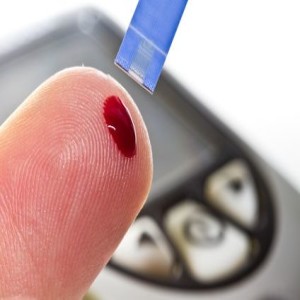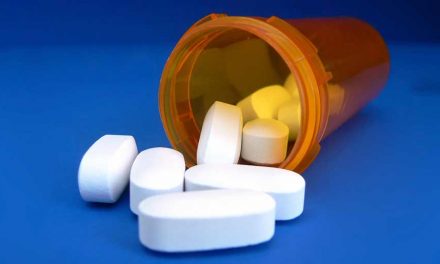Bioflavonoids are a class of water-soluble plant pigments found in fruits, vegetables, and certain beverages that have antioxidant effects. Antioxidants are compounds that protect cells against the damaging effects of reactive chemicals known as free radicals. Free radicals can cause oxidative stress, leading to cellular damage.
 In a meta-analysis, published in the journal, Clinical Nutrition (27 March 2013; [Epub ahead of print]) looked at four articles consisting of six prospective cohorts that involved 18,146 cases and 284,806 participants were identified. The summary relative risk (RR) of type 2 diabetes for the highest intake of total flavonoids compared with the lowest was 0.91 (95% confidence interval (CI): 0.87–0.96). Furthermore, an increase in the total flavonoids intake of 500 mg/d was associated with a significant risk reduction of 5% (RR=0.95, 95% CI: 0.91–0.98). In subgroup analyses, the observed beneficial effects were observed in US population, in those mean age>40 years old people and in studies ≥20 years in duration. The authors conclude, “The present meta-analysis indicates that consumption of dietary total flavonoids is associated with a reduced risk of type 2 diabetes.”
In a meta-analysis, published in the journal, Clinical Nutrition (27 March 2013; [Epub ahead of print]) looked at four articles consisting of six prospective cohorts that involved 18,146 cases and 284,806 participants were identified. The summary relative risk (RR) of type 2 diabetes for the highest intake of total flavonoids compared with the lowest was 0.91 (95% confidence interval (CI): 0.87–0.96). Furthermore, an increase in the total flavonoids intake of 500 mg/d was associated with a significant risk reduction of 5% (RR=0.95, 95% CI: 0.91–0.98). In subgroup analyses, the observed beneficial effects were observed in US population, in those mean age>40 years old people and in studies ≥20 years in duration. The authors conclude, “The present meta-analysis indicates that consumption of dietary total flavonoids is associated with a reduced risk of type 2 diabetes.”





